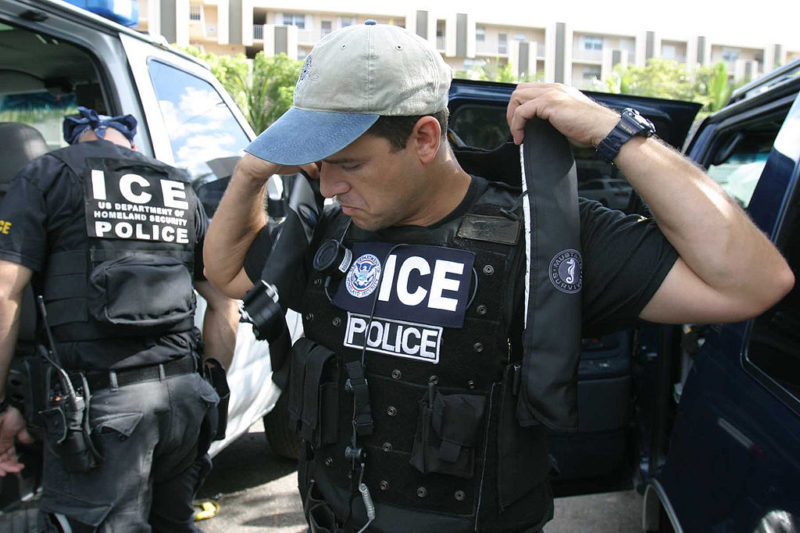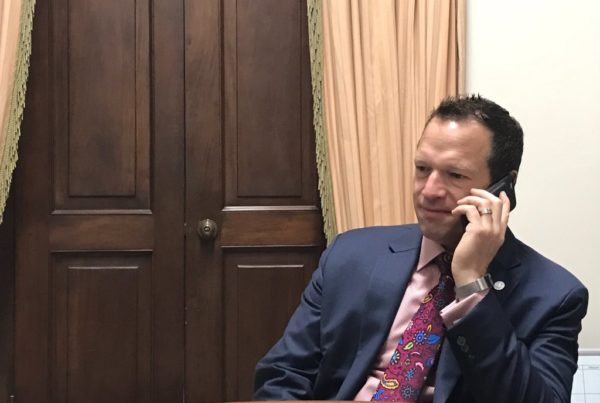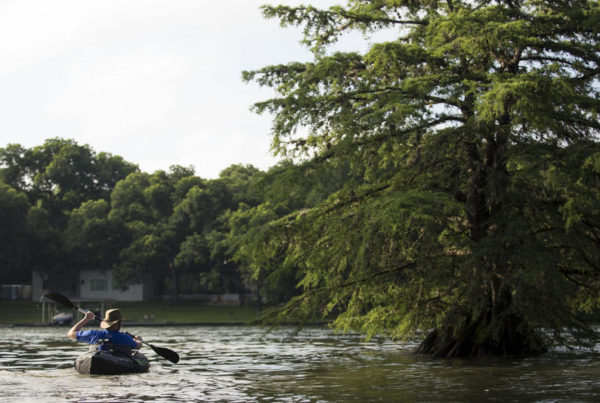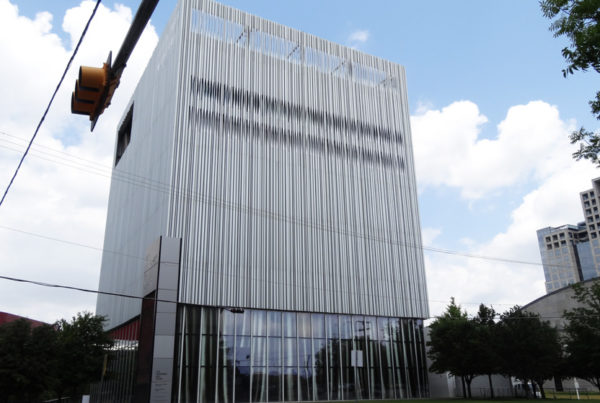A San Antonio federal judge ruled last week that the Bexar County Sheriff’s Office violated the rights of a Mexican citizen when he was held in jail on an immigration detainer after his criminal charges were dismissed.
The Bexar County Jail regularly honors U.S. Immigration and Customs Enforcement (ICE) detainers, which are requests to hold someone for 48 hours who was arrested on state criminal charges and subsequently ordered released, but who is suspected of violating immigration laws.
U.S. District Judge Orlando Garcia ruled that the sheriff does not have probable cause to hold people because immigration violations are most often civil matters that don’t carry criminal charges.
The importance of this decision will likely go beyond this case, says Geoffrey Hoffman, the director of the University of Houston Law Center Immigration Clinic.
“The decision basically says that the ICE detainer was unconstitutional as applied to this particular defendant,” Hoffman says. “It also says that the detention pursuant to an ICE detainer is a Fourth Amendment seizure and it must be supported by probable cause or a warrant.”
Hoffman says this case reflects the larger misunderstanding that being in the U.S. without documentation does not equate committing a criminal offense.
“The probable cause that’s contained in those detainers is merely a probable cause that you may be removable or deportable from the United States,” he says.
Hoffman says Garcia’s ruling will have “more sweeping implications,” particularly on pending Senate Bill 4 lawsuits.
SB 4, which is commonly known as the state’s anti-sanctuary cities law or the “show me your papers” law, will go into effect on Sept. 1. It fines local jurisdictions that refuse to honor ICE detainers and under the law, elected officials who create policies to limit local cooperation with federal deportation efforts can face criminal penalties.
Garcia will hear three separate lawsuits against SB 4 at the end of June.
Hoffman says the first was a preemptive lawsuit brought by the state in an attempt to get a declaratory judgement concerning the constitutionality of SB 4. The other two lawsuits were later brought by the cities of El Cenizo and San Antonio.
“With respect to the SB 4 litigation, the problem with the detainer provisions is that the detainer provisions in the SB 4 legislation say that it has to be mandatory,” Hoffman says. “The problem with that is that under federal law those detainers are not mandatory, but they’re voluntary pursuant to ICE’s own policy.”
Written by Molly Smith.















